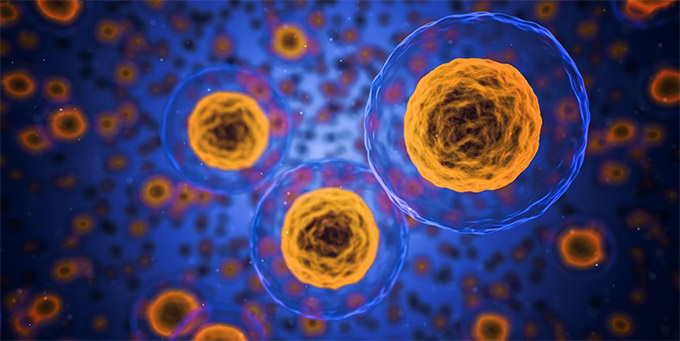
In this article, Dr. Bristow explains the difference between food allergies and food sensitivity, while exploring how headaches can actually be a result of your body’s reactions to certain foods. If you are stuck in a headache rut and are tired of taking medication to ease the pain, Dr. Bristow has some approaches that may assist you with finding and treating the cause, rather than simply fighting the symptoms.
Did you know that what you eat can give you a headache or migraine? Food additives and preservatives such as MSG and sulphites are common irritants, but beyond that our individual food sensitivities are a trigger that we can identify, eliminate from our diets, and feel much better!
What are Food Sensitivities?
I often have patients asking to be tested for ‘food allergies’, but what they mean is food sensitivities. The distinction between the two is important in order to understand why specific foods can trigger a headache or migraine.
Food sensitivities are different than food allergies
Food Allergy: A serious and potentially life-threatening health condition that causes anaphylaxis: the most serious type of allergic reaction, which can come on quickly and could lead to death. The classic example of anaphylaxis is that triggered by peanuts, which when ingested by a person with a serious allergy will cause hives, flushing, difficulty breathing, wheezing, swelling of the throat, eyes, and lips, headache, and anxiety. It can come along with abdominal pain, diarrhea, and vomiting.
All of this happens quickly and comes on relatively strongly. There is no mistaking an allergic reaction of this variety. Allergies can be to food but can also be to environmental triggers. This type of response by your body uses something called IgE antibodies, think of this type as fast and aggressive.
Food Sensitivity: A non-life threatening, slow onset immune response to common foods in your diet. Sensitivities take months to develop as they are mediated by a different immune response called IgG antibodies, think of this type as gradual (for some it’s also subtle).

When you frequently consume foods that you are sensitive to, your immune system (via these IgG antibodies) attacks the proteins in those foods (antigens), which form oodles of immune complexes. Special cells called macrophages gobble up theses immune complexes. They’re like the hungry hungry hippos of the digestive system. There’s only so many of these macrophages though, and if there are too many complexes and not enough hungry hippos to eat them, the complexes left behind sneak past the digestive barrier. Once past the digestive barrier, the immune complexes travel through your body and find themselves a comfy home in your tissues where they release substances that promote inflammation. Where they find a home depends on your body and this is why food sensitivities can cause such a wide array of symptoms that are uniquely experienced.
For example, if you have joint pain, these immune complexes are likely to be in that joint! They move through the blood and run into an area of swelling, poor circulation and drainage, and get stuck there, promoting more inflammation and pain.

Wherever there is inflammation, there is pain–enter headaches! While in this article we focus on headaches, inflammation via these complexes contributes to a wide variety of other health conditions such as: anxiety, depression, irritable bowel symptoms, joint pain, skin issues (eczema, acne, psoriasis, rashes), low energy, difficulty concentrating/mental clarity, asthma, and menstrual pain to name a few.
Many current research studies show that there is an association between IgG food reactions, headaches and migraines. For example, studies have found that if individuals eliminate their IgG food sensitivities from their diet, the result is a significant reduction in the number of headache days and migraine attacks during the elimination period. These studies conclude that diet restriction based on individual IgG antibodies is an effective strategy in reducing headaches and migraines.

If you’re struggling with headaches or migraines, it’s important to consider what you’re eating, do some testing, or use an elimination diet with guidance from a Naturopath to identify triggering items. As headaches are multi-factorial, the best success is achieved when the whole person is supported. That means looking at and supporting other factors that affect headaches such as: hormonal shifts (pre-menstrual commonly), medication, hydration vs. caffeine intake, stress levels, posture & alignment, allergies & infections, mood, nutrient deficiencies, and proper food combining and timing.
To find out more about what Dr. Stephanie Bristow can do to help you, book a free 15 min Meet and Greet by calling 403-452-0029 or by booking online.
